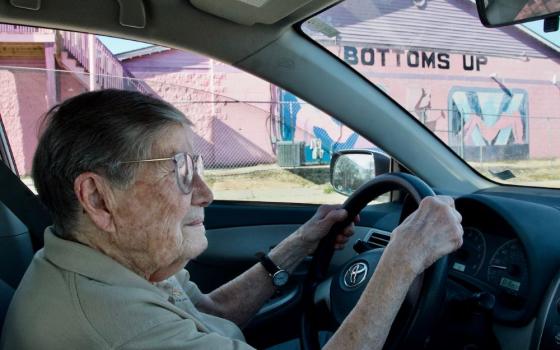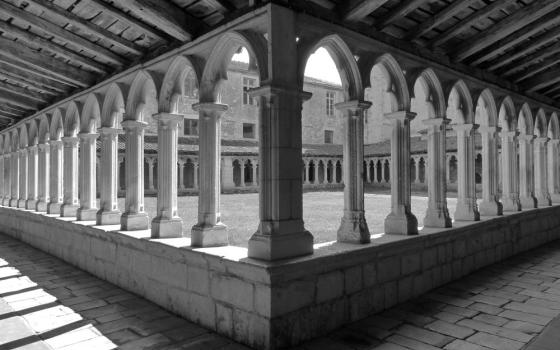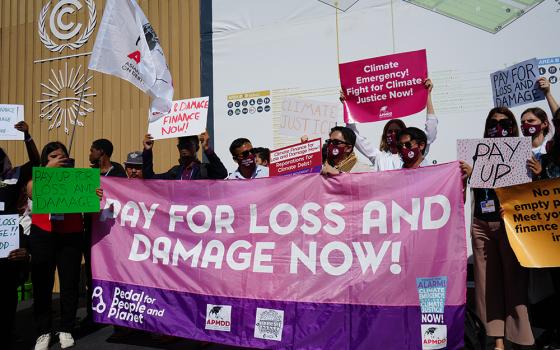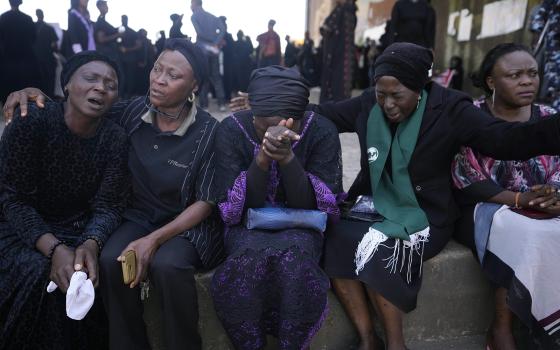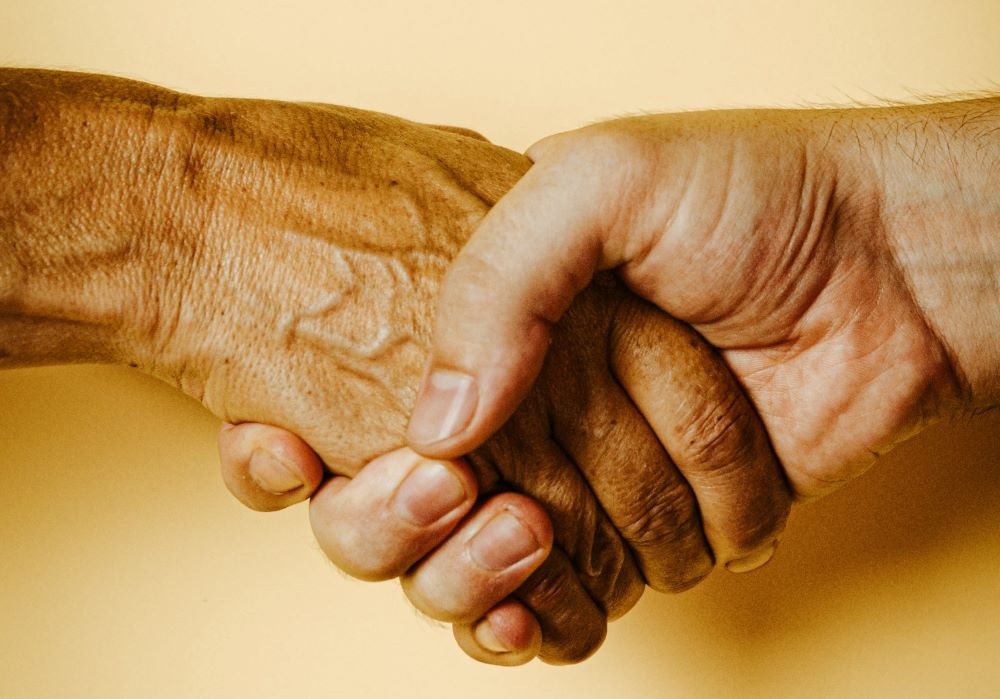
(Unsplash/Ave Calvar)
This Gospel passage (Luke 6:6-11) poses a great challenge for me, most especially the action of the scribes and the Pharisees: "The scribes and the Pharisees were watching him to see if he would cure a man on the Sabbath, hoping to find something to use against him."
I am quite sure that the relatives of the man with the withered hand would have been very angry with the Pharisees and scribes, who were not happy and questioned Jesus for healing their loved one on a Sabbath day. I also wondered what the Pharisees and scribes or whoever opposed Jesus healing on a holy day would say or feel if it was their loved one that was healed that day. Would they have complained?
In my reflection, I asked myself a similar question: Would I have stood to the strict observance of the law rather than mercy and compassion? What is the difference between me and the scribes and the Pharisees, when I watch to see if one will break the "law" then use it against the person? No difference! I screamed to myself. Sometimes it happens in community. When I'm envious of my sister and looking for the slightest mistake to report or accuse her, I'm no different from the Pharisees and the scribes.
As I sat on my chair and went through the reading, I wept — because I've done similar things to others. I felt so bad. I remembered the time someone came to our house to ask for help. Even though the help was given, I started asking myself why she came at that "odd time" (meaning when we were resting). Could she not have come later? I asked. It's easier for me to say I'm right most times, just like the scribes and Pharisees in that text.
Advertisement
Bringing another person down is not so difficult to do, as I think of the way I behave sometimes with regard to the interests of others. At times my behavior says, "It's better to make my interests safe and let others' interests be lost." An example is if I push forward my plans for education or any other beneficial program but talk down the plans of others. When I act selfishly in this way, my heart beats faster than normal and my conscience pricks me so badly, especially if others notice what I've done. And then I wish I had not done it, and regret not having done better.
Selflessness is a gift I pray for each day. Acting selflessly makes me freer and happier in dealing with others. I see myself being happy and sharing with my sisters and brothers, especially those around me. A practical example was when I offered my meal to a very hungry person. I felt very happy that I was able to feed the hungry. I understand that there is a lot of goodness in every human person, but selfishness sometimes blinds us and we act otherwise.
Putting myself in the position of the man with the withered hand, I felt overwhelmed with joy and speechless after being healed by Jesus. Being in desperate need of something so dear to me can't be expressed in words. Just like the man in the Scripture passage who needed to be healed — perhaps to work and provide for his family rather than being dependent on others. No wonder he came to Jesus wishing to be healed.
Would it have been better if Jesus had looked the other way when he saw the man with the withered hand, and not healed him? I pondered this question. My thoughts are: It would have made the Pharisees and scribes happy and maybe they would have tried to love Jesus. But the man with the withered hand would continue to depend on others for his daily bread, and people would continue to treat him as a parasite and mock his condition.
Jesus took a great risk, which calls me to do likewise — to have the courage to do good regardless of who is involved or watching. It's much easier for me to sit and pass judgment on the Pharisees and the scribes for accusing Jesus of healing on a Sabbath day when I do likewise by refusing to reach out to my sisters and brothers in need. I'm as guilty as the Pharisees and the scribes.
I often feel sad when the help I need is not provided, especially when I understand that my sister or brother could grant my request and is just refusing to help or ignoring me. It's so frustrating. So, the man healed by Jesus would be right to say: "This bunch of religious leaders must be crazy for saying that healing me on a Sabbath is a crime. I wish they had a glimpse of my experience."
I feel freedom when I'm relieved of any burden, pain or hurt. I believe the man in the Gospel passage felt more than that. I kept asking myself, why would I stop someone from helping another person? And the answer is jealousy, envy and unforgiveness. I am not better than the scribes and Pharisees or any other person who might act in such manner. As a human being I have the tendency to be jealous, envious and refuse to forgive hurts, but God's grace is all I need to love, accept and forgive hurts.
I earnestly pray for the grace of inner joy and peace to make me a better person in loving, caring and forgiving my sisters and brothers. I feel we all need this grace to make our world a better place for all.

